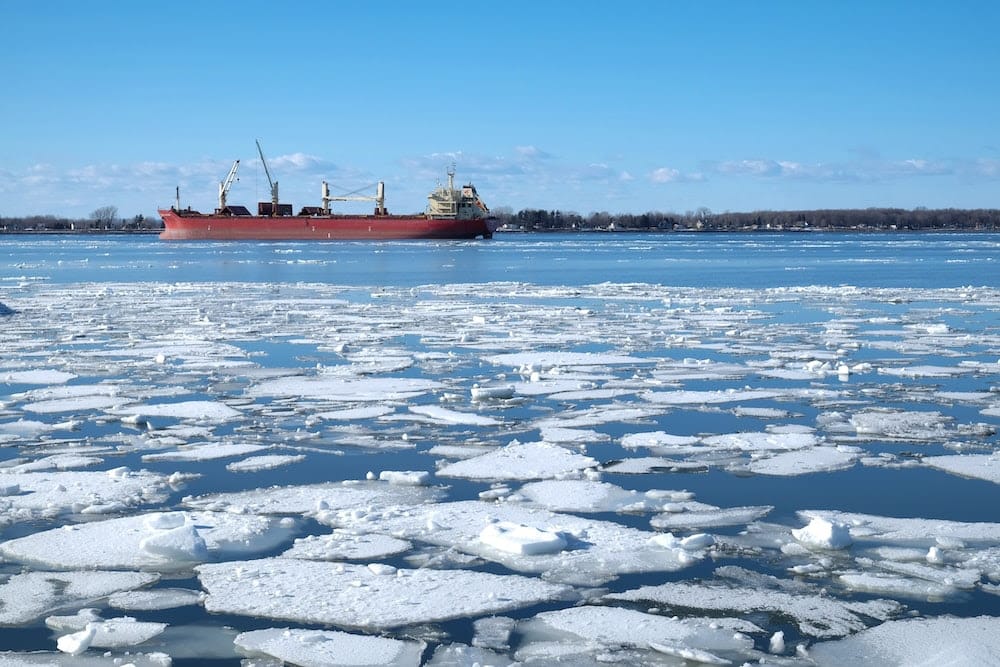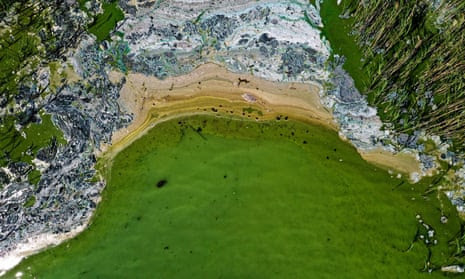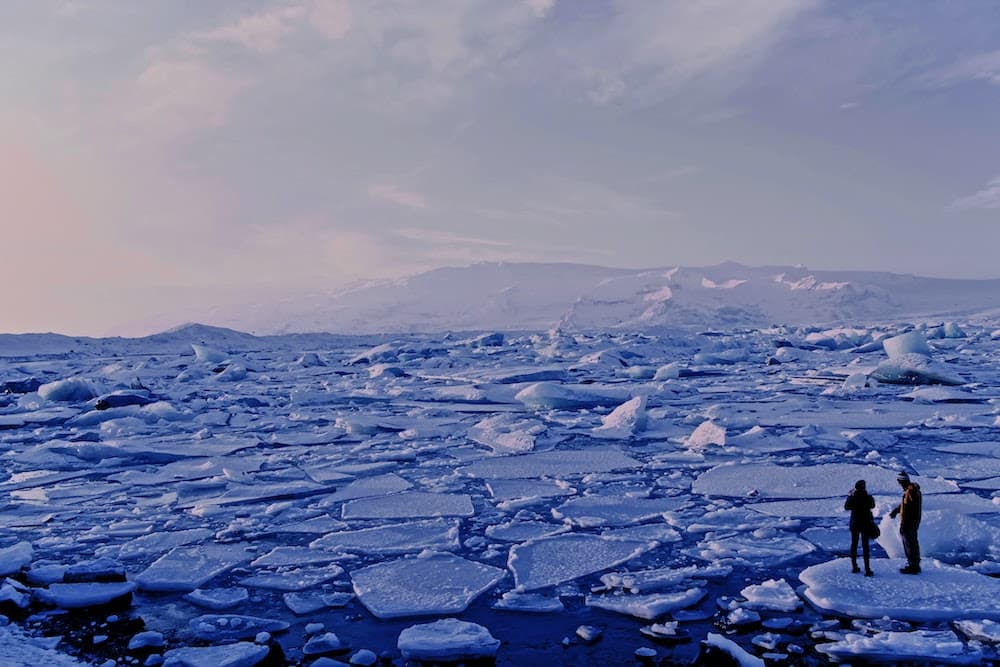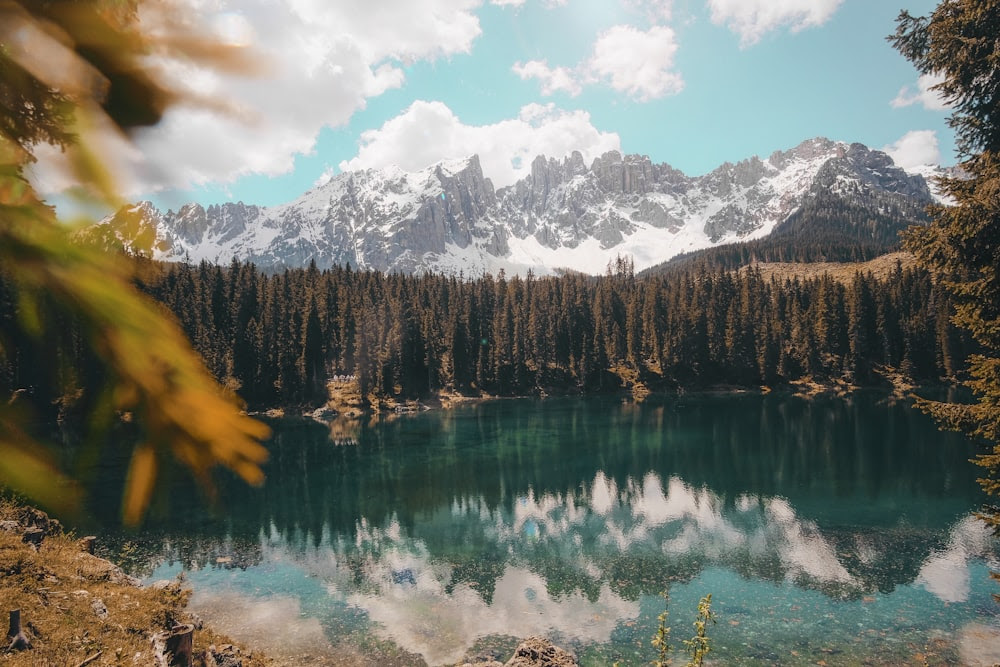
Global warming is likely to have an unexpected consequence in the Arctic, reducing the carbon footprint of shipping by opening up new waterways that will shorten travel distances between continents as the ice melts.
The melting of the Arctic ice cap will have a major environmental impact on local ecosystems and, more generally, on the circulation of ocean currents, atmospheric currents and sea levels, but it will also open up new shipping routes via the Arctic.
The Proceedings of the National Academy of Sciences has published a study in which climatologists predict that, by 2065, ships will have begun to use Arctic waterways freely, and will no longer be obliged to pass through the Panama or Suez Canals.

These two artificial canals are the compulsory points of passage to avoid bypassing the continents of Africa and South America via the Southern Ocean. Arctic sea lanes offer more direct routes, reducing transport costs and carbon footprints.
In view of these future developments, scientists are calling for a regulatory framework to be put in place for these new waterways, as opening up the Arctic Ocean to shipping will necessarily have geopolitical and environmental implications. At present, a northern passage already exists, controlled by Russia, which regulates traffic off its coast.
Article 234 of the 1982 UN Law of the Sea stipulates that countries with a coastline close to Arctic shipping lanes have the capacity to regulate maritime traffic in order to prevent and control marine pollution from ships as long as the region remains ice-covered for most of the year.
Russia uses this right to its own geopolitical and economic advantage, imposing strict regulations and requiring ships to pay a passage fee. These limitations explain why passage through the Arctic is currently very little used, as links via the Suez and Panama canals are cheaper, albeit longer.

As the ice melts, opening up year-round waterways in the Arctic, Russia will lose the advantage it currently derives from regulated traffic conditions. Traffic could then increase sharply, with journey times via the north reduced by 30-50% – a reduction of fourteen to twenty days – compared with today’s routes, and greenhouse gas emissions cut by 24% for each journey. Appropriate international legislation seems essential to regulate maritime traffic in a geopolitically and environmentally sensitive region.




